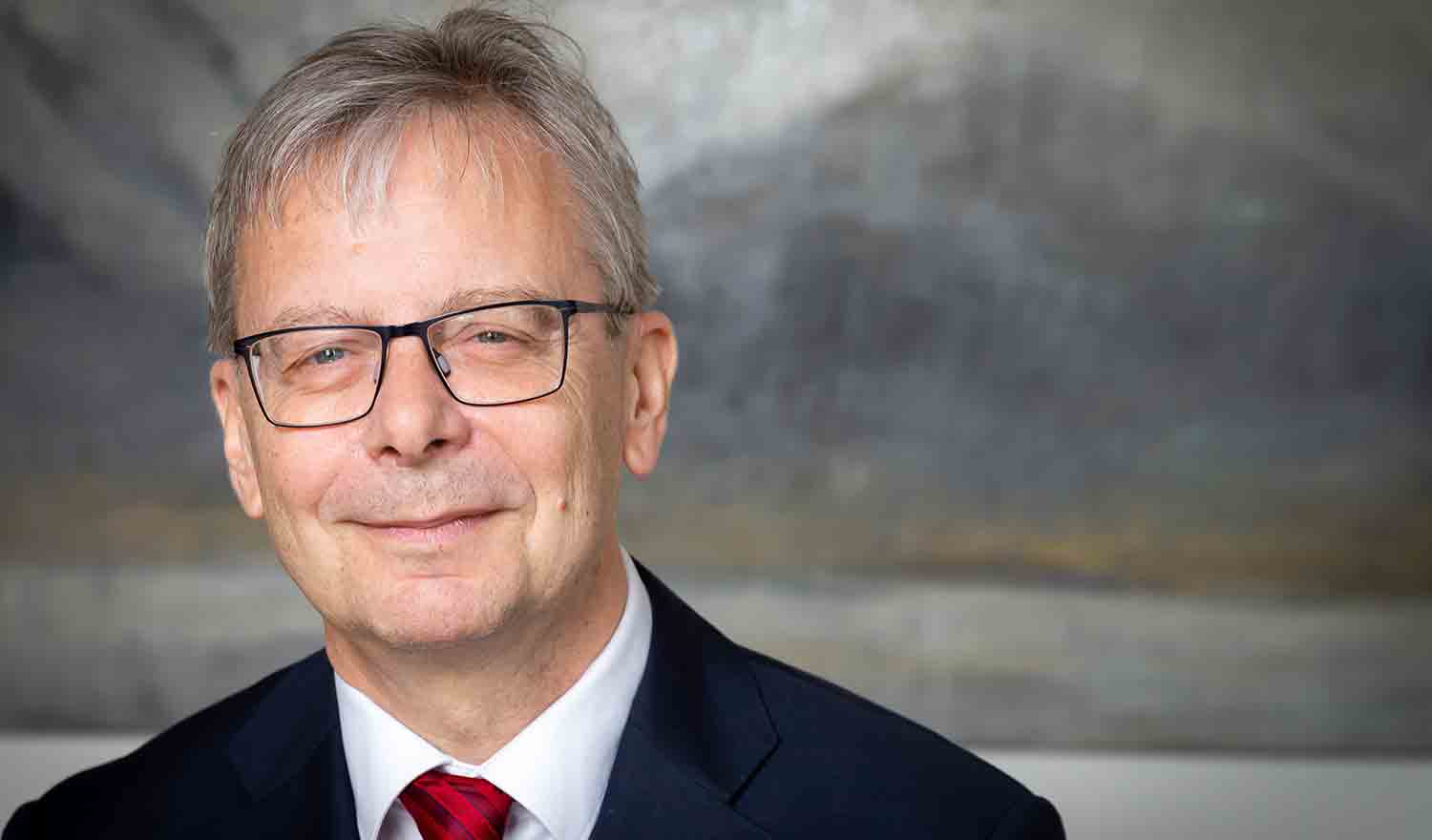
Jan 2021 Interview with Jón Atli Benediktsson, Rector of the University of Iceland, Iceland
Prisma Reports (PR): As rector since 2015, please tell us about the evolution of the university during your time at the helm and its major milestones and achievements?
Jón Atli Benediktsson (JB): The University of Iceland was established in 1911 and is the oldest and largest university in the country with about 15,000 students – some 70% of all university students in Iceland. We are an international research university and have five schools covering almost all subjects: humanities, social sciences, engineering and natural sciences, health sciences and education. We have all levels of degrees: bachelor’s, master’s and PhD.
In the recent past we have focused strongly on research and innovation, and awarded doctoral degrees have increased substantially. The university plays a vital role in Icelandic society, being a large and established institution in the Icelandic context. Because Iceland is small, a student body of 15,000 individuals is 5% of the population, so is significant.
Our 2016-2021 strategic plan set high goals, called UI 21. The plan has four main chapters: teaching, research, service to society and human resources. We strive for excellence with respect to all our resources and have been successful in implementing this plan, which is an important achievement.
PR: Please tell us more about this strategic plan and the doors it opened for the university?
JB: There was a big focus on teaching and learning, in particular digital means for teaching. For example, the University of Iceland was invited to join edX – an American massive open online course provider created by prestigious education providers Harvard and the Massachusetts Institute of Technology (MIT) – during this period which is also a recognition of our accomplishments. Being a partner of edX also helped us strengthen our international contacts, which is vital.
It was an important milestone for the university to join edX, but even more importantly, we put a lot of effort into improving the teaching environment with the introduction of a new learning management system and a digital exam platform. When the university closed due to COVID-19, we were able to handle the online situation. If we had not invested significantly in IT and an electronic teaching environment, our situation would have been dire.
The University of Iceland also took an important step in international collaboration when we joined the Aurora Network of Universities – a network of nine strong research universities that have shown great social responsibility in their countries. We joined the Aurora Network as a founding member in 2016 and recently the Aurora Network with a few other universities under the name of Aurora Alliance, were selected as a European University Alliance.
This initiative is a key pillar of the European Education Area which attempts to strengthen the global competitiveness of European universities through the joining of forces across international borders.
PR: You also operate a science park so how is that helping your students learn key new skills?
JB: The science park is a community of university partners and partners from industry. The science park is important in terms of innovation, has been growing and has already attracted important companies. The first company established in the area was deCode Genetics, a pivotal player in biotech and genetic research; they are a global leader in their field.
Then we have a pharmaceutical company, Alvotech, and a computer gaming company, CCP Games. We also have startup incubators located in the science park. We work closely with all the companies located in the science park as they are a part of the university community.
PR: Tell us a bit more about your strategy to continue fostering symbiotic relationships with international institutions and plans to expand this network?
JB: We have more than 400 agreements with partner universities and continue to be open towards agreements with universities in other nations because international collaborations are extremely important. We particularly like to work with top universities, with many of whom we now have agreements.
Most of our partner universities are in Europe, but we have seen growth in the last few years in agreements with universities in Asia and the South Pacific, especially Japan and China, but also places like Singapore and Australia. We are always open to partnerships in new regions.
PR: The University of Iceland is known as a research focused university. Researchers have conducted studies on various aspects of the pandemic. Can you tell us more about this?
JB: There are several, but the best known here in the Icelandic society is the prediction model that the government has been using for estimating the number of COVID-19 infections. That model came from research by the University of Iceland, statisticians and public health experts.
In collaboration with the National University Hospital of Iceland, which is not a part of the university but a very close collaborator – in my words the largest lecture room of the university – our researchers have designed an algorithm to design the flow of how patients are treated.Overall, we have more than 40 research and innovative projects on COVID-19 at the University of Iceland. Also, deCode Genetics, which is a very close collaborator of ours, has been a very significant player here in testing and analysis of the pandemic, and has published several important articles with the University of Iceland co-authorship on the pandemic.
PR: Any final words for readers of Foreign Policy?
JB: We welcome international collaboration and international students at the University of Iceland. Our country is an exciting place to visit so I would encourage people to look towards us in the future, whether as potential faculty or staff, or as potential student or a visitor. We strive to be successful.

Sorry, the comment form is closed at this time.